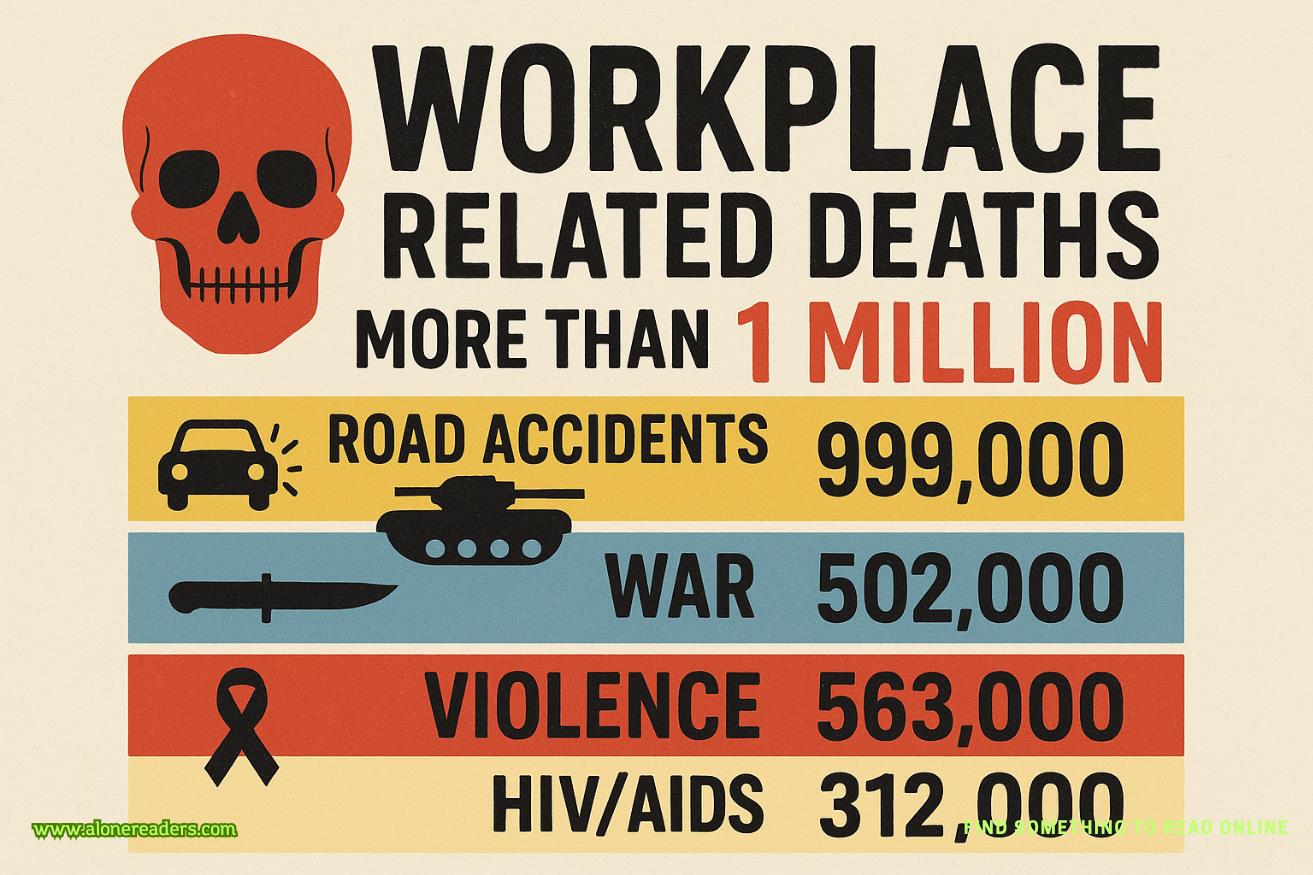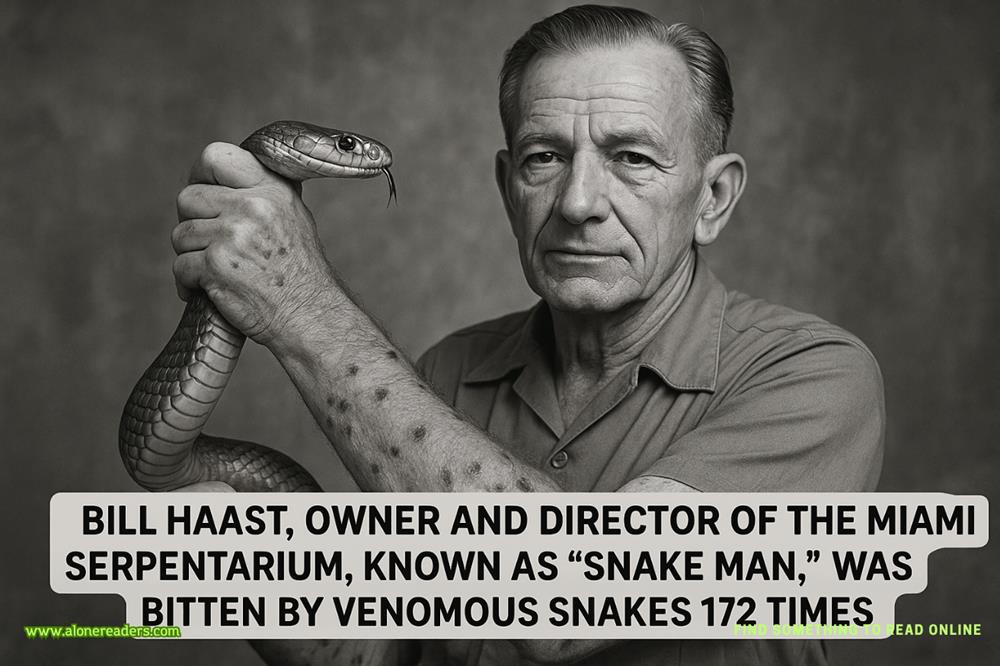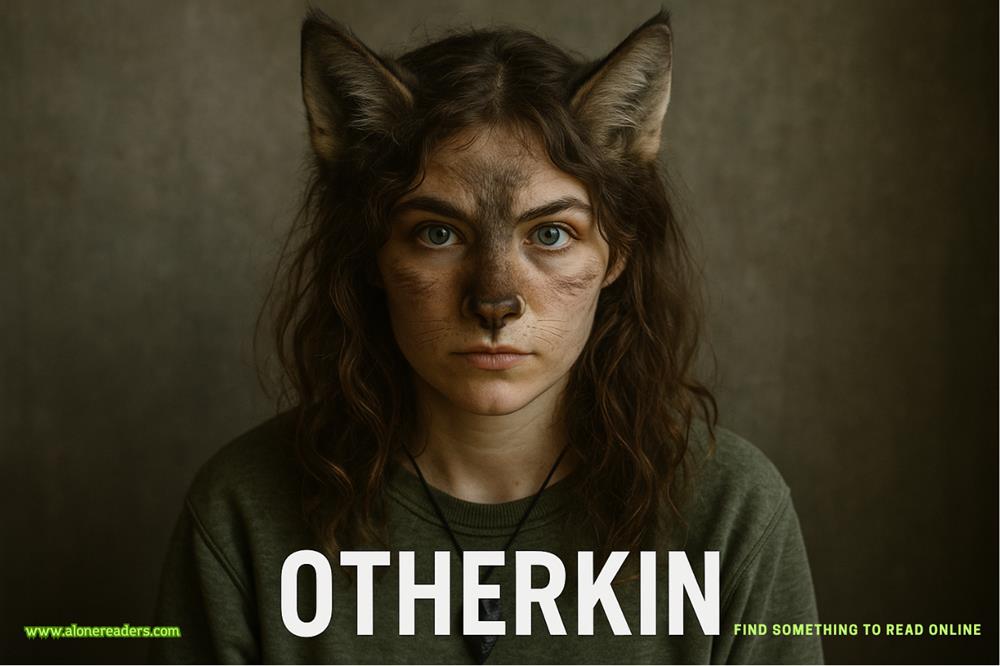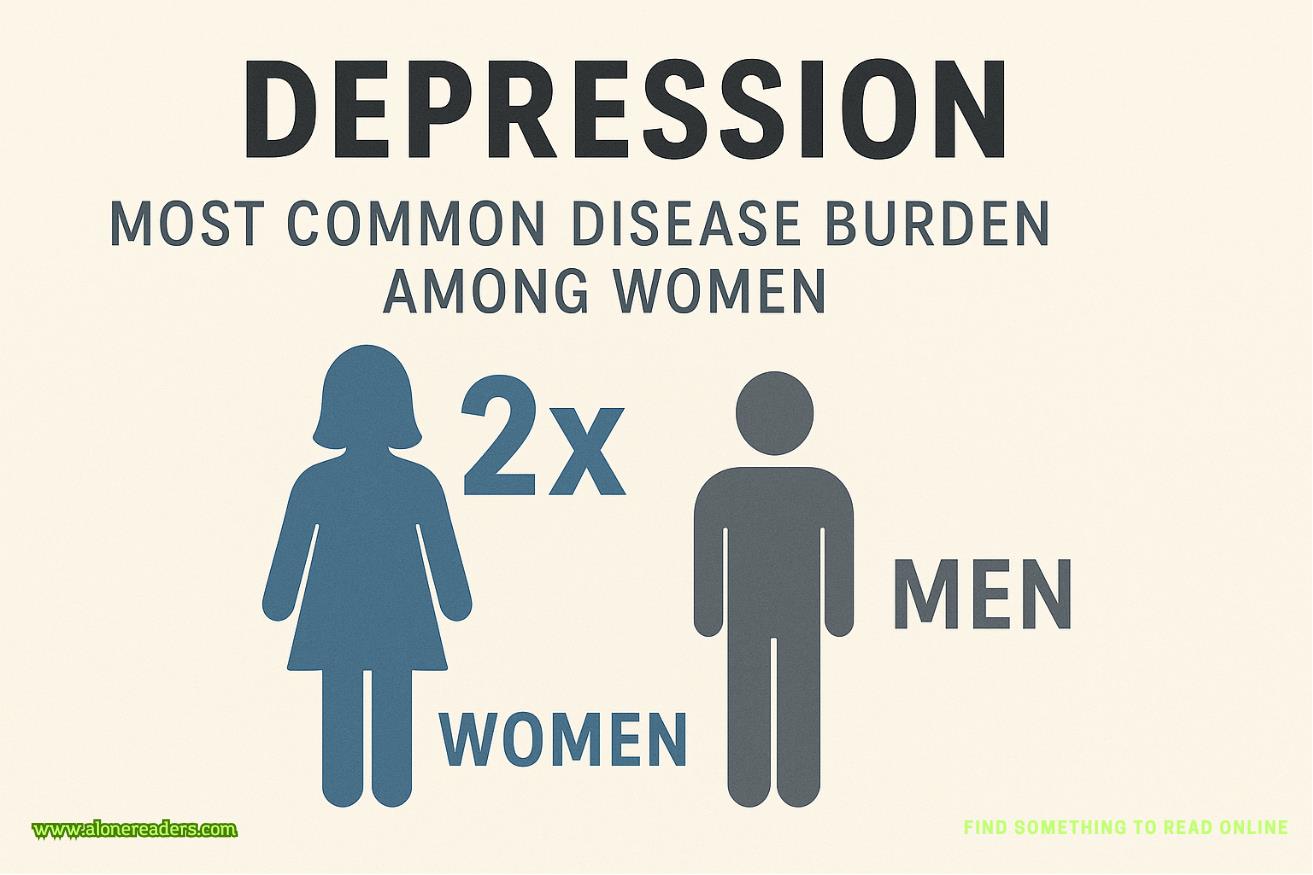Page 288 of Untouchable
Page List Listen Audio
It's all too odd, the juxtaposition of Harp's bed with the table. It feels like the place they met verses the place they parted.
Harp changes out of his clothes, remembering that strange first day, those first sessions in general when he hadn't understood what he was supposed to do when Parker was gone. He gets it now, slipping under the sheet on the table and waiting for Parker's knock.
* * *
Parker leansagainst the wall and sighs as he waits. Normally he likes this moment, a second of peace before diving into a session. Now, though, it feels a little like he’s waiting at the bottom of the stairs to the gallows.
He’s being dramatic, he knows, but he figures he’s owed a little heartbreak. He’s grieving the loss of Harp, and the loss of hope, too. He’d liked who he was with Harp—or, rather, with who he thought Harp was.
But, he thinks, if he’d made up this version of Harp in his head, maybe that meant that he could somehow channel that version of Parker, too, even when he was alone. He looks out the window and thinks of that afternoon weeks ago when he’d stood in this very spot and realized he was snowed in on the mountain—the day before they first kissed.
He squares his shoulders and raps lightly on the doorframe.
“Are you ready for me?”
* * *
"You got it,"Harp says.
He's lying face up on the table under the sheet, the way he knows he ought to be. He tries—and fails—not to track Parker with his eyes.
It's amazing to him now that Harp barely recognized how lovely Parker was that first day they met—but Harp had still been framing things differently then. Acknowledging that Parker was probably the most gorgeous man he'd ever seen would've only made the first appointment that much worse.
Harp can almost remember the person he was that first day when he met Parker, when he hadn't been ready to be touched. He'd been sweaty and anxious, horrified by his own body, feeling like something slimy trawled in from the ocean floor to be studied and thrown back.
Harptopus, he thinks, biting down a smirk.
But it's not like that anymore. Parker has made him feel less like a monster and more like something valuable. His body has been less of a prison lately.
Parker slicks his hands with coconut oil and starts—and when Harp looks up, Parker has his eyes shut, working by feeling alone, Harp guesses, feeling bones and tendons and muscle and skin as he settles into a rhythm.
“Tense,” he murmurs as he begins to knead the muscles at the base of Harp’s skull.
Harp makes a wordless noise of agreement. Of course he's tense.
Not nervous, he realizes—but tense.
Parker's hands on him are reassuring, objective, echoing the first time they touched before they really knew what they would be to each other, before Harp understood how Parker would come to touch his life.
Harp has missed this, he realizes.
He'd never really been able to enjoy it the way he should have, worry-free, knowing that Parker loves him and that they're going to be okay. He doesn't know that now and he's certainly not enjoying the touch as much as he could be—but still, he appreciates the efficient way Parker's hands move over his skin, kneading his muscles.
You don't have to have everything figured out right now,Harp reminds himself, closing his eyes and taking deep breaths. It's okay to love Parker. It's okay to want to spend the rest of your life with him. It's okay to just feel things and not judge them and not worry about how much it might hurt someday.
Because he does want to spend the rest of his life with Parker in this moment.
He wants birthdays and holidays and celebrations and sadness and a house together and dogs together and vacations together and growing and changing—and for once Harp isn't forcing himself not to think these things, not to believe in a better future.
Parker is his better future. Harp knows he can earn this.
* * *
Even with all thehistory built up between them, even with all his heartache and exhaustion and confusion and sorrow, Parker had felt himself slipping away from it as soon as he stepped into the room. Massage Therapist Parker, he thinks. Always there to save the day.
As he begins to move through his usual flow—neck, shoulders, upper chest, right arm, left arm, and so on, he feels like he’s going through the steps of a well-rehearsed dance, his training taking over, moving through areas and over muscles and between strokes effortlessly. Ironically, he realizes it might be one of the better massages he’s given recently.
But as all this is happening, another part of his mind is cataloguing and comparing. Parker is surprised to find he’s making these observations without emotion or heartache. It’s the kind of calm that comes after a panic attack, a safe cotton blanket of numbness, a degree of removal that allows him to see things objectively.
- The Naughty Week by Jade West
- The Empress by Michelle Heard
- Praise Me: Lumberjack by Jessa Kane
- Monstrosity by Elizabeth Knox
- Dance of Devils by Jagger Cole
- Twister's Salvation by Winter Travers
- Triplet Babies for the Billionaire by Summer James
- Brutal Monster by Matilda Martel
- Fallen by N. Slater
- My Sweetest Obsession by I.S.A. Bella
- Velvet Chains by Clarissa Bright
- Velvet Corruption by Clarissa Bright
- Ivory Requiem by Clarissa Bright
- Cryptic Curse by Helen Hardt
- Devil's Property by Piper Stone
- Make Me Yours by Jennifer Sucevic







